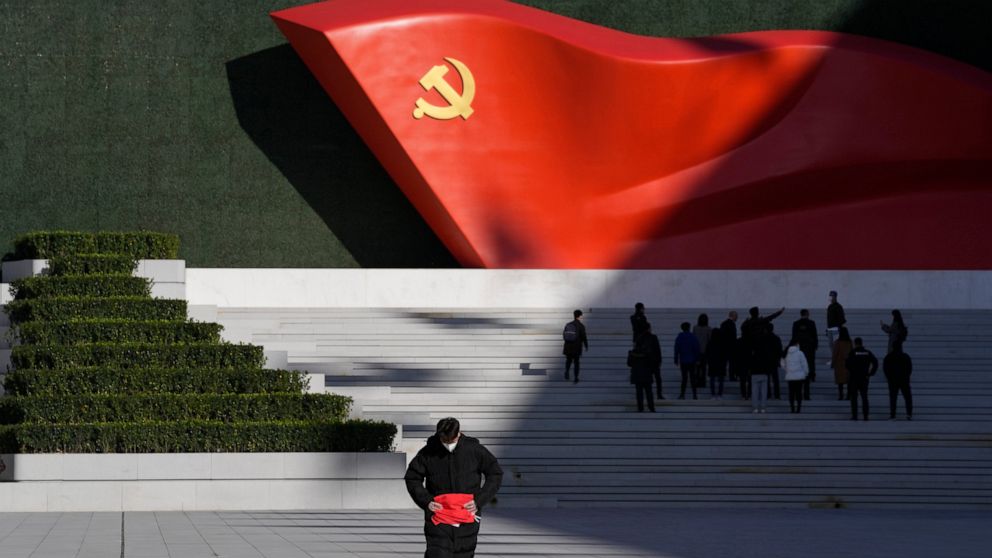
EXPLAINER: How power and ideology define Xi's rise in China
ABC News
Chinese leader Xi Jinping emerges from a party conclave this week not only more firmly ensconced in power than ever, but also with a stronger ideological and theoretical grasp on the ruling Communist Party's past, present and future
BEIJING -- Chinese leader Xi Jinping emerged from a party conclave this week not only more firmly ensconced in power than ever, but also with a stronger ideological and theoretical grasp on the ruling Communist Party’s past, present and future. That lays the groundwork for him to take a third five-year term as party leader at next year’s national congress, elevating to the likes of Mao Zedong, who founded the People’s Republic in 1949, and Deng Xiaoping, who opened up the economy three decades later.
A look at some of the meaning behind the recent developments.
WHAT'S THE SIGNIFANCE OF XI'S ELEVATION?
Though the rules were unwritten, Xi’s two immediate predecessors served just two terms as head of the party in keeping with term limits on the presidency. Xi, 68, had the constitution amended, however, to eliminate presidential term limits and could therefore remain in office until he dies, steps down or is forced out.
